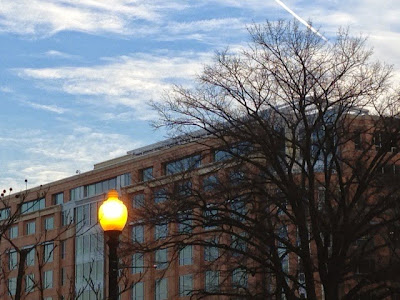The Hello Project
It’s called the Hello Project, I think, although I can’t seem to learn much about it online. I heard about it last night at book group. People are paired with their political opposites and have phone conversations, a Rust Belt conservative with an East Coast liberal. It’s a way to share views and bridge the great divide.
What I can’t stop thinking about it, though, is how it’s come to this. Why do we require such artificial means to such natural ends: honest sharing of views, speaking without censure? Why do so few of us know people from the Other Side?
Is it because we live in boxes and zip codes and echo chambers? Because we’re angry and afraid? Some of these, to be sure, but probably much more: fissures widening so slowly and inexorably that we haven’t realized they were there until they’ve become almost too big to bridge.
I’m glad there’s a Hello Project. But I’m sorry we need it. It’s as if we cut down all the trees in a forest and then planted saplings in their wake. Yes, I’d be glad for the saplings, but I would mourn the old trees, so strong and true.





